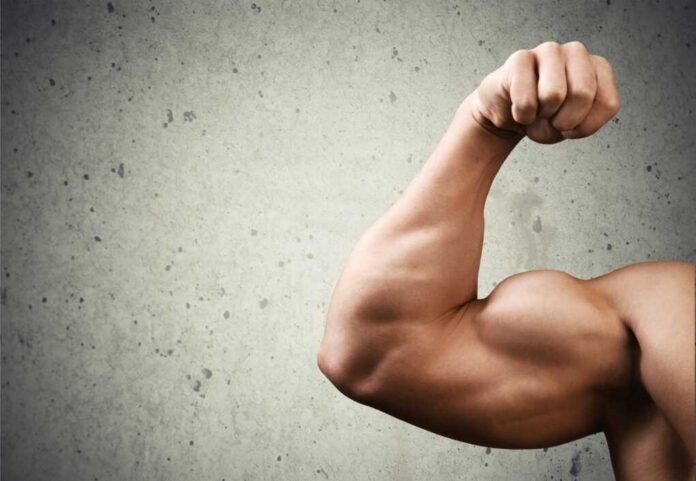
Exercising and nutrition work hand in hand to ensure quick and consistent muscle growth. While going to the gym helps you build physical strength, eating well helps you build the energy to withstand your regimen. So, if you’ve been exercising without seeing much muscle growth, you may be making the following nutritional mistakes.
Not Enough Protein
Generally, muscle growth occurs when your body repairs microtears in fibers with amino acids. Amino acids are proteins. They help with muscle growth and repair. If you don’t eat enough protein, your body will not be able to produce enough amino acids to effectively heal the microtears and help you bulk up in size.
So make sure you’re eating enough fish, turkey, beef, legumes, and other foods that are rich in protein. Some dieticians believe that the sweet spot to aim for for muscle growth is 20 to 30 grams per meal.
Not Enough Calories
Your body needs to have a calorie surplus to grow. If you don’t have enough calories in your body, you won’t be able to grow muscles effectively. In addition, not taking enough calories means your body will have to make up for the energy it needs somewhere else, and since muscles have amino acids, they can use them for energy instead.
If you want to prevent this from happening, you should eat more calories than you can possibly burn.
Not Enough Carbs
Growing muscles involves high-intensity workouts. During these periods, your body’s primary energy source is carbs. Not eating enough carbs means that you may not be able to recover fast, and it may reduce your performance. Some healthy sources of carbohydrates are whole grains such as brown rice, quinoa, oats, and sweet potatoes. Depending on how rigorous your training regimen is, you may have to take 3 to 5 grams per kilogram of your body weight.
Not Enough Water
Your body needs water to perform muscle repair and contraction effectively. When dehydrated, you’re likely to feel tired quickly, get muscle cramps, and be unable to exercise. The amount of water you need to take daily depends on your body weight and the activities you go through every day.
The Academy of Nutrition and Dietetics recommends that if you’re an adult woman, you should take about 11.5 cups of water per day; if you’re a man, you should take up to 15 cups. However, how many cups you choose to take depends entirely on your circumstances and health.


















